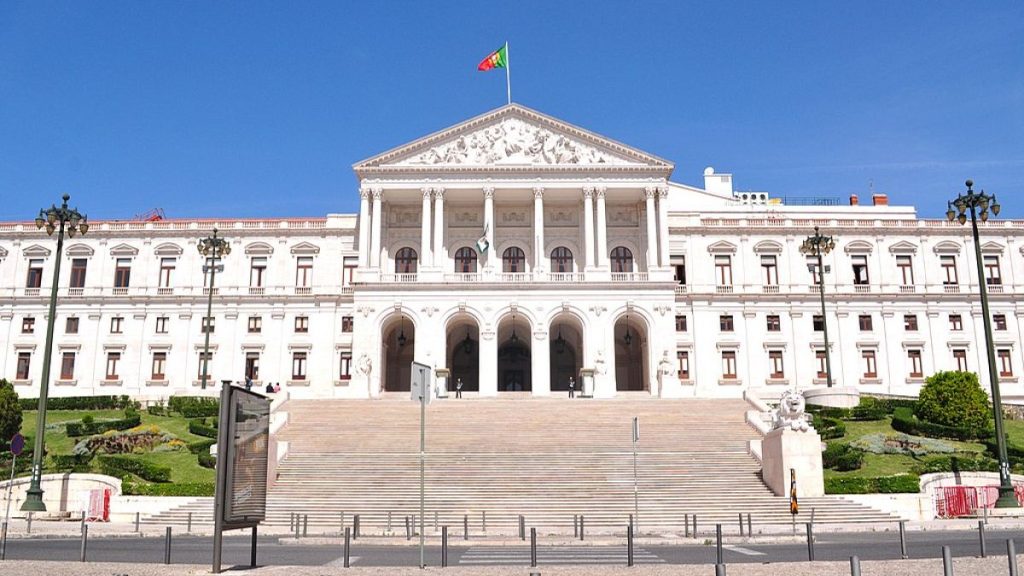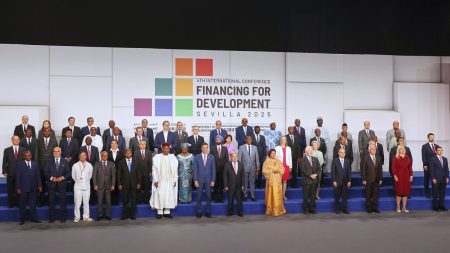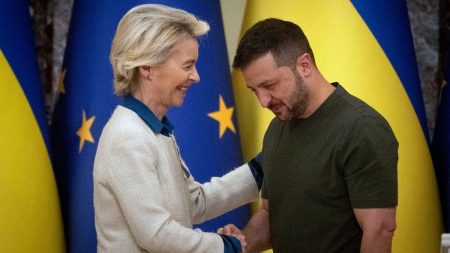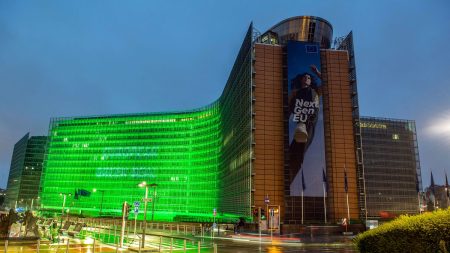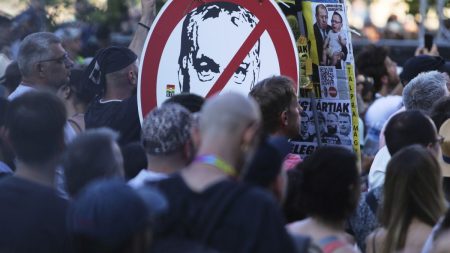The recent approval of the Portuguese state budget has generated significant political contention in the Assembly of the Republic. The budget received backing solely from the governing coalition formed by the Social Democratic Party (PSD) and the CDS – People’s Party, while the Socialist Party (PS) opted for abstention. The remaining opposition parties—Chega, Iniciativa Liberal, Bloco de Esquerda, PCP, Livre, and PAN—all voted against the budget, despite some successful amendments they had proposed before the final vote. Chega emerged as a particularly vocal opponent, using protests and provocative actions to express their discontent. These theatrics included displaying banners criticising politicians for salary increases, an issue that caused heightened tensions among the parliamentary factions.
The approval process was not without its dramatic moments. Following the budget’s passage, PSD and CDS members applauded enthusiastically, while Chega deputies stood defiantly, holding placards that condemned the integrity of the Parliament, declaring it as shameless. Prior to the session, Chega had even adorned the Assembly’s exterior with banners accusing government members of prioritizing personal financial interests over public welfare. These protests underscored the fierce political divide within the hall, showcasing how deeply the issue of salary increases for politicians resonated among opposition factions.
Once the budget was ratified, PSD leader Luís Montenegro expressed relief at overcoming what he termed a “significant hurdle.” He acknowledged the complicated political climate but highlighted the commitment of major political parties in shaping the budget. Interestingly, Montenegro asserted that both the PS and Chega bore some responsibility for the budget’s content, noting that numerous decisions received backing from these opposition parties, including some that the government contested. This assertion served to complicate the narrative around party responsibilities and accountability, revealing the intricate landscape of Portuguese politics.
On the contrary, Secretary General of the PS, Pedro Nuno Santos, strongly rejected the notion that PS supported the government in its budgetary endeavors. Instead, he underscored that the budget’s responsibility lies solely with the government. Nuno Santos made clear that the PS abstained strategically to maintain governmental functionality, asserting it was never a supporter of the current administration. His remarks indicated a broader strategy to distance the Socialist Party from any measures they deemed regressive or contrary to public interest, while still trying to engage constructively with the existing political framework.
The divergent narratives presented by the two parties highlight the ongoing struggle for power and influence within Portugal’s political system. While the PSD and CDS view the budget as a collaborative success, the PS’s reticence to align itself with the government creates friction that may impact future legislative efforts. Through the lens of these political dynamics, the budget comes to represent much more than a financial document; it embodies the contentious interplay between accountability and governance in a divided parliamentary landscape.
In conclusion, the approval of the state budget is emblematic of the broader political tensions facing Portugal. The actions of Chega and the responses from both the PSD and PS reflect a complex landscape where ideological divides are pronounced, and public sentiment towards politicians remains wary. The contentious dialogue surrounding the budget underscores significant disagreements over fiscal priorities and values, suggesting that the path ahead for the Portuguese government will be fraught with challenges as it navigates competing interests and the demands of various political factions.




